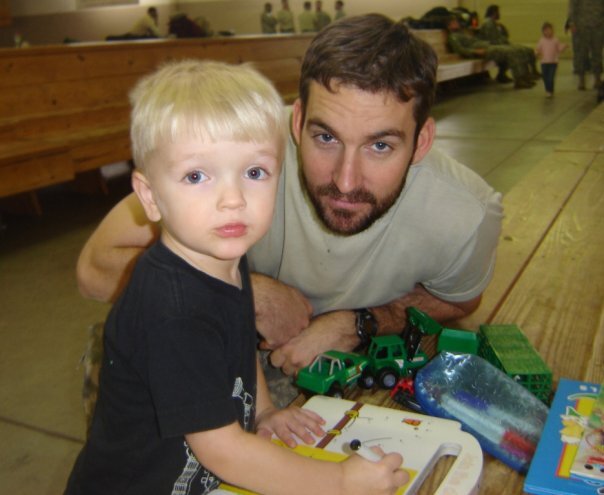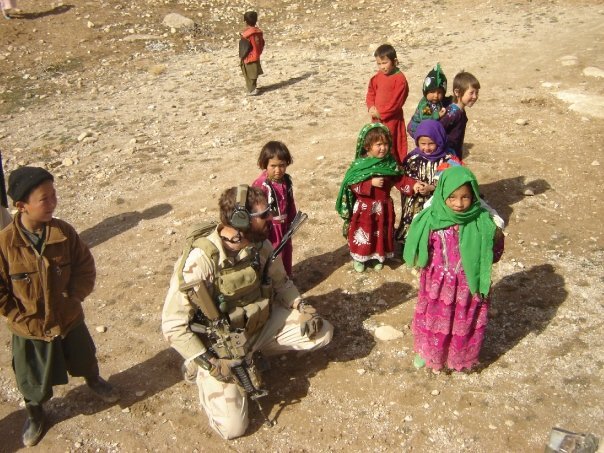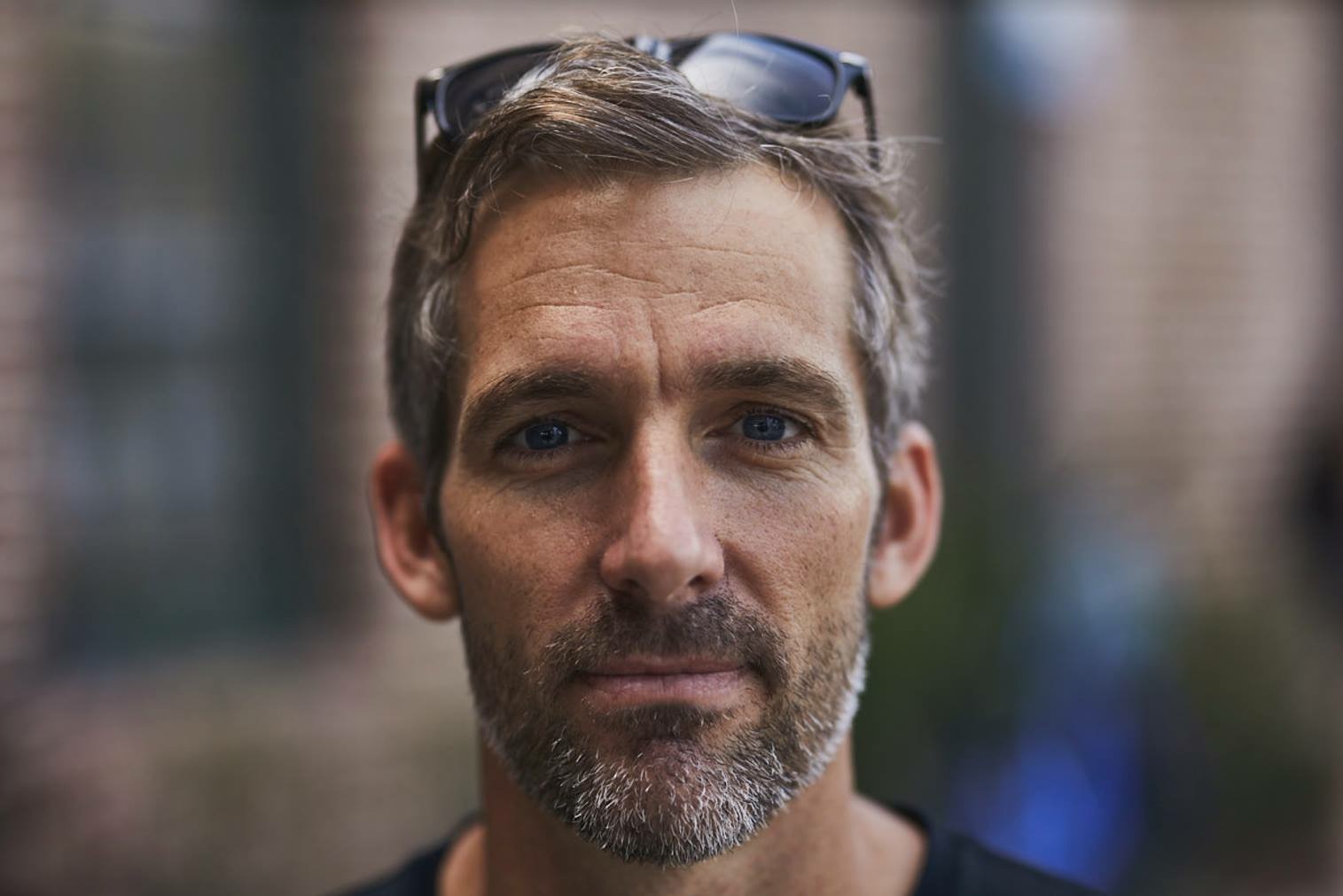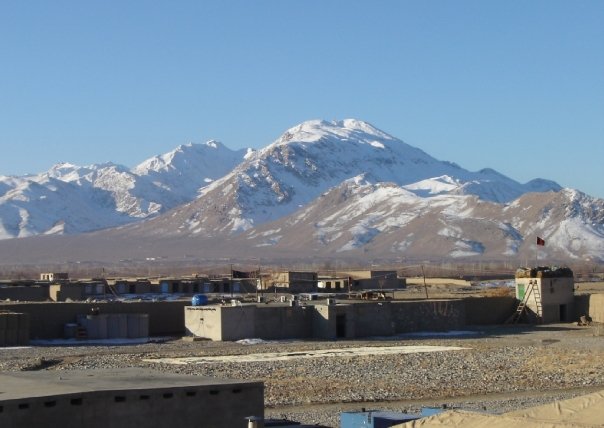Things never go back to normal. There’s no such thing. We veterans know this all too well.
From the first moment of any deployment, we’re counting down the days until it’s over and we can all go home – back to our families, back to our favorite restaurants, back to our lives, back to normal. We know that we’ve got a job to do and that we need to stay focused, yet still, we can’t help but constantly daydream about the warm hug and cold beer that’s waiting on the other side. If we can just suck it up and get through this, everything is going to be awesome…unless it isn’t.

The problem is that re-deployment from combat is not just one big Budweiser commercial. Don’t get me wrong, it is wonderful to be reunited with friends and loved ones. It’s great to eat a delicious meal and sleep in your own bed, especially without the serious threat of it being interrupted by mortar fire. Still, re-deployment is tricky at best and brutal at worst. It’s full of pitfalls that you can’t or would prefer not to see. We believe that coming back from a forced, difficult situation will be great only to discover that it just isn’t that simple. What I personally failed to appreciate about re-deployment was that ‘normal’ was gone and it was never coming back. In ways that I hadn’t expected, things changed. I’d changed. My family had changed. The world had changed – and I just didn’t recognize how much. If I had to do it again I would do it so much differently. But with my military days far behind me, I assumed that most of those hard lessons learned would be filed away as regrets and probably never re-visited. This COVID-19 situation suddenly has me feeling differently.

Over the past two months, I’ve often joked with my veteran friends about how the quarantine has felt just like a deployment. We’ve been told where we can go, where we can’t, what we’re supposed to wear, and nobody’s quite sure who’s in charge. There’s danger in venturing ‘outside the wire’, an invisible enemy that we can’t pin down or directly confront. We’re stuck here for a while, happy to be alive and healthy, frustrated with all the uncertainty, and ready to just get it over with. The only big difference is that this time we’re ALL deployed; spouses, kids, civilians, everybody. And as little by little, the country starts to re-open and re-integrate, I think it’d be wise for all of us to think of it as a re-deployment. Businesses, communities, churches, gyms, and schools are all eventually going to return back to something that looks like, but isn’t quite normal – and before we do that, here are some things that you should seriously consider.
Same Conditions Do Not Equal the Same Experience: Ten people can be exposed to essentially the same circumstances and have ten completely different experiences. No two people will have had the same exact COVID-19 experience and this must be factored into your approach to re-deployment. Be careful about blanket policies or protocols. Some of your team will be eager to get back while others will have become quite comfortable working from home. Still others will be dealing with real challenges as a result of this crisis. If you’re a leader, you’re going to have to pay very close attention to your people and be willing to support them as individuals.
Re-Deployment is a Process, Not an Event: Just like in the military, we have to plan for a successful re-deployment. We won’t be able to flip a switch and be back up and running. Everything from administration and logistics to personal dynamics needs to be considered. Think hard about who comes back to the office first, which clients need immediate attention, and what might be able to wait a while. What are the phases of the operation and goals for each? Failing to plan is planning to fail.
Take Stock of What We’ve Learned: Deployments aren’t all bad. Far from it. Talk to almost any veteran and they’ll tell you about how much they enjoyed certain aspects of being ‘down range’. Maybe it was the heightened sense of purpose or the camaraderie or the simplicity. The same goes for COVID-19. As scary and somber as it’s often been, this certainly hasn’t been (and shouldn’t be) an entirely negative experience. How can we use this laboratory to identify ways to get better? We’ve been creative, flexible, and resilient during this difficult time. Don’t let that go to waste. Figure out what tactics and habits we need to keep and which ones we’ve learned to do without.
No Unspoken Expectations: This is big. Unspoken expectations are usually unmet, and given that we’ve all experienced this differently, we likely have different expectations of what life will be like after re-deployment. If you’re a leader, you’ve got to be transparent about how you see this re-deployment going. What is your vision of success? What are your top priorities? What are you most concerned about? You also need to be open to hearing this from others. If necessary, make it a mandatory exercise. I like to ask my team three simple questions:
- What are you most proud of during your time in quarantine?
- What are you most looking forward to?
- What are you most concerned about?
Don’t Rush It: On so many levels, we are not going fully understand the impact of this crisis for quite a while. We just don’t know how our people, our customers, and are markets will be affected in the long run. I know things feel urgent. I absolutely encourage you to move with purpose and intention. However, I also encourage you to be patient and keenly aware to what’s going on around you. There will be plenty of warning signs and opportunities if you can manage to keep your eyes up and your mind open. As my partner Brandon wrote in this great piece, we have a long walk ahead of us. The coming months will require leaders to demonstrate both grit and grace.
We appreciate that these are unprecedented and difficult times. We also know that there are better times ahead. The transition between will make all the difference. Thank you for your leadership and hard work to this point, and best of luck with your re-deployment. If we can be of any help, please let us know.


